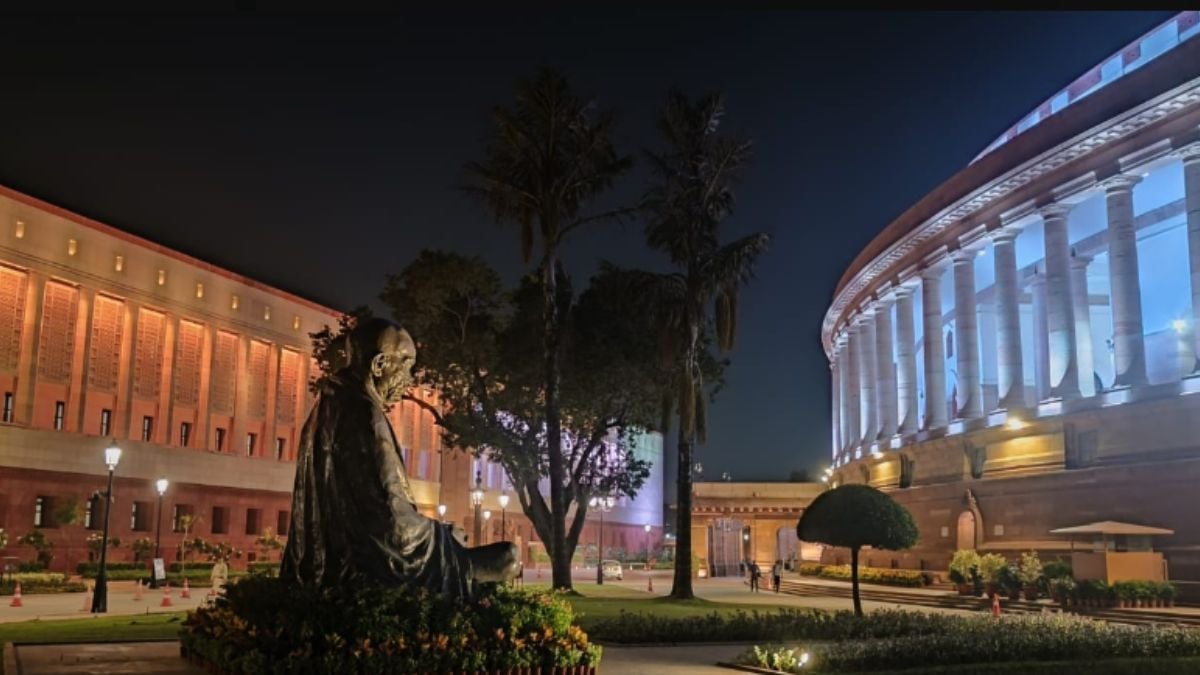New Delhi: The Centre is likely to introduce the necessary Bills for the formulation of the “One nation, one election” plan in the ongoing Winter Session of Parliament and according to sources it would be sent to a Joint Parliamentary Committee for detailed discussions since the government wants to build a consensus around it.
“One nation, one election” had also figured as a promise in the Bharatiya Janata Party manifesto for the Lok Sabha elections and then in August, Prime Minister Narendra Modi had urged all political parties to help realise its implementation while pointing to the challenges to India’s progress by frequent elections. Thereafter, in September this year, the Union Cabinet had given its nod to the ‘One nation, one election’ plan by approving the report of the high-level committee chaired by former President Ram Nath Kovind to look into the proposition.
The committee submitted its report in March this year, just before the Lok Sabha elections were announced. The Narendra Modi government wants to build a consensus on the plan as it does not have the numbers in both Houses of Parliament to push it forth if there is opposition to it. The government therefore wants the JPC to hold discussions with all political parties and other stakeholders, including speakers of all state assemblies and intellectuals.
Steps Involved
As per government sources, the passage of the plan would involve the passage of at least six Bills for amending the Constitution. This would require the approval of two-thirds of the members in both Houses of Parliament. However, the BJP and its NDA allies only have 112 MPs in the 245-member Rajya Sabha and 364 Lok Sabha MPs to see the proposal through. Though the Centre has been pressing for simultaneous polls on the grounds that they would result in saving time and money and prevent stalling of important works due to repeated imposition of the Model Code of Conduct, the idea has not found favour with the Opposition.
Congress President Mallikarjun Kharge On The Plan
When the Cabinet had approved the proposal, Congress president Mallikarjun Kharge stated that “One nation, one election’ cannot work in a democracy” because “elections need to be held as and when required if we want our democracy to survive”. Terming the proposal as “just an attempt by BJP to divert attention from real issues”, Kharge had described it as “unconstitutional, not conducive for a democracy and antifederalism”. He had also stated that “the country would never accept it”.
Union Minister Ashwini Vaishnaw On ‘One Nation, One Election’
However, union minister Ashwini Vaishnaw while announcing the approval for the proposal, had said that “the youth were very much in its favour” and had added that “the Opposition might start feeling internal pressure (about one nation, one election) as more than 80 per cent of respondents who responded during the consultation process have given their positive support.”
About The Recommendation Made By The Kovind Panel
The Kovind panel had recommended simultaneous elections for the Lok Sabha and state Assemblies as the first step followed by synchronised local body polls within 100 days. It also recommended the preparation of a common electoral roll and voter ID cards by the Election Commission of India (ECI) in consultation with state election authorities and recommended 18 constitutional amendments to move ahead with the process.
